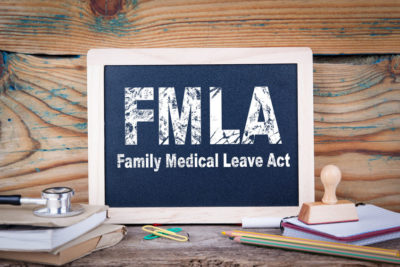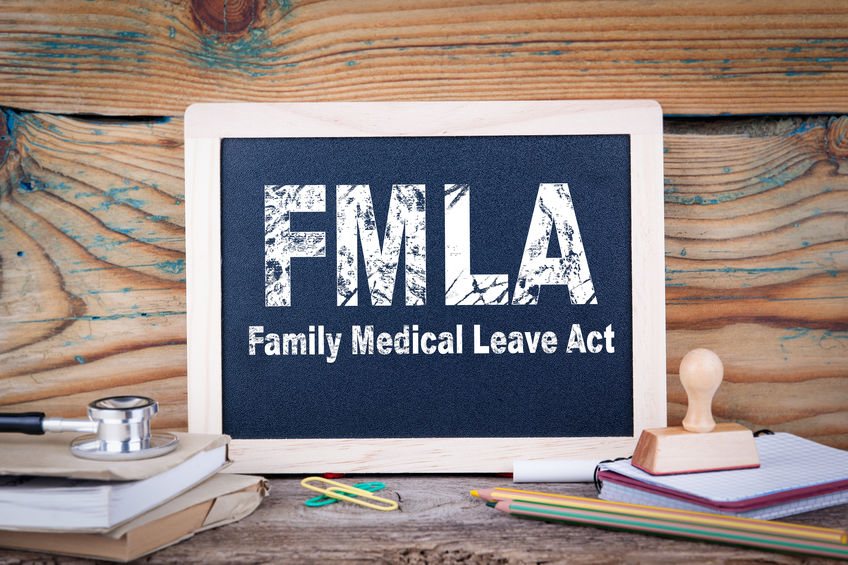The Family and Medical Leave Act (FMLA) prohibits interference with employees’ FMLA rights as well as employer retaliation. But failure to follow every step in your employer’s FMLA policy could cause you to lose these valuable rights.
For example, does your employer require you to BOTH notify it you are taking FMLA leave by calling a designated “call-off” line AND also report the need for FMLA to a third party administrator for approval? You may think this is overkill, or that a call to one or the other should be enough, but not following every step in your employer’s notification policy could leave you without a remedy if your employer retaliates against you – even terminates you – for taking leave. 
A key piece of evidence required for an interference or retaliation claim is “notice.” An employee claiming interference must show that they gave their employer notice of their intention to take FMLA leave. To succeed on a retaliation claim, an employee must show that they provided adequate notice to their employer about their need to take leave.
A court recently threw out an employee’s wrongful termination claim under the FMLA for her failure to give “notice” because she did not make TWO separate calls required under her employer’s policy. Even though she called the third party administrator to request FMLA leave and it was approved, she did not ALSO call into a designated “call-out” line for each absence. The Court never even considered if the employer had bad motives when it terminated her after taking approved leave. Instead, the court ended her lawsuit, saying “an employer generally does not violate the FMLA if it terminates an employee for failing to comply with a policy requiring notice of absences, even if the absences that the employee failed to report were protected by the FMLA.”
Don’t let this happen to you. Know your employer’s policies, and follow them. If you have questions, seek the help of an experienced employment law attorney.

